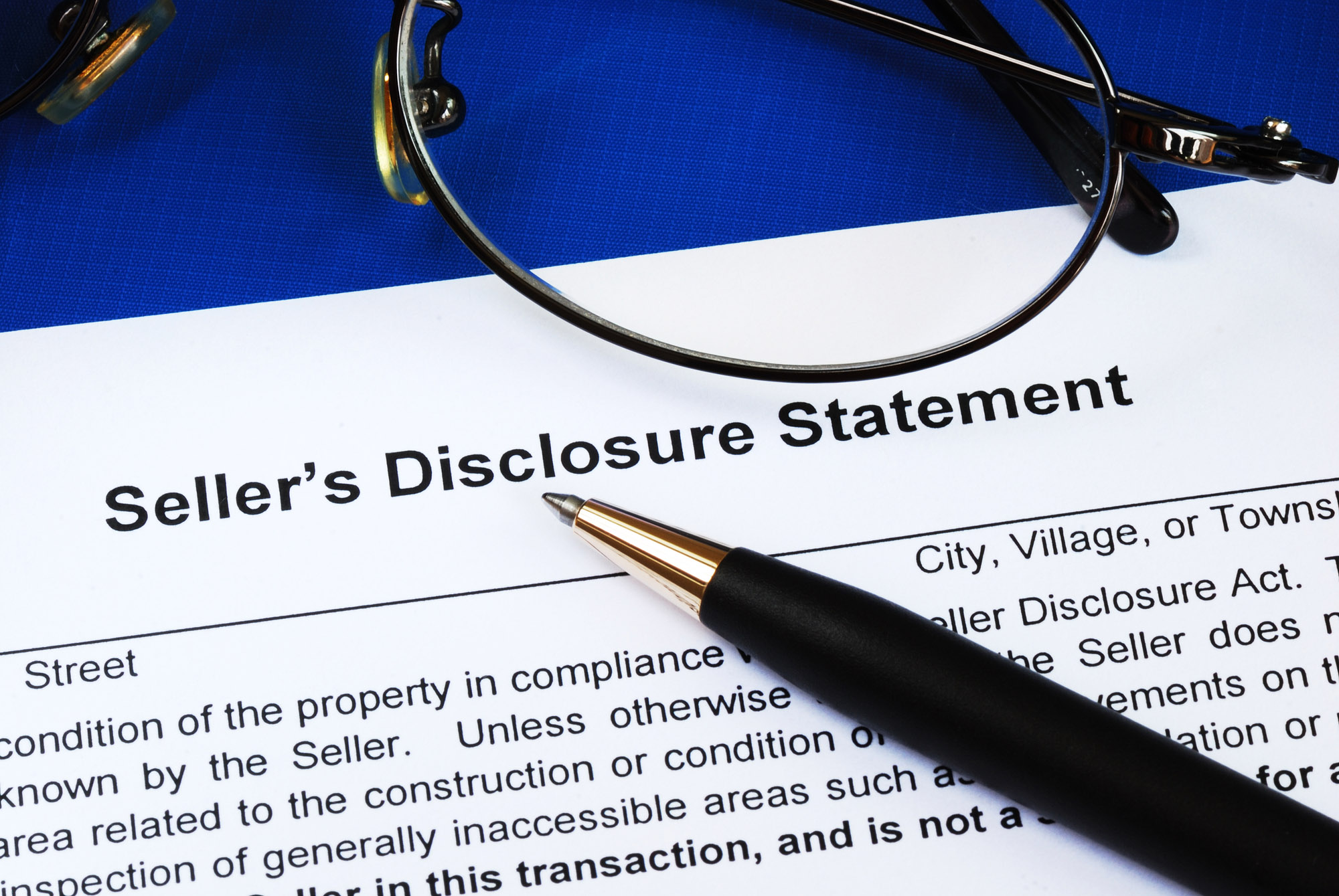When it came time to buy a house, Jordan and Kaylie were at a loss. They had never bought anything so important or so costly. After their offer was accepted, they began wading through the paperwork. The residential real estate disclosure form caught their eye and they wondered if it was important. Little did they know that sellers are required to submit this form by Minnesota real estate disclosure laws.
Minnesota Statute 513.55
This Minnesota law, titled General Disclosure Requirements, sets out the seller’s responsibility to make written disclosures to any potential buyer. In fact, the statute states:
(a) Before signing an agreement to sell or transfer residential real property, the seller shall make a written disclosure to the prospective buyer. The disclosure must include all material facts of which the seller is aware that could adversely and significantly affect: (1) an ordinary buyer’s use and enjoyment of the property; or (2) any intended use of the property of which the seller is aware.
(b) The disclosure must be made in good faith and based upon the best of the seller’s knowledge at the time of the disclosure.
Closing on Residential Real Estate
In Minnesota, a typical residential real estate deal might progress like this:
- Property is put on the market.
- An offer is made.
- The offer is accepted or rejected.
- If accepted, the paperwork begins.
- The buyer and seller will have to sign a number of forms, including one listing disclosures required by law.
- The disclosure form actually becomes part of the contract.
- After paperwork is complete and financing approved, a closing is held.
What Is Included in a Minnesota Real Estate Disclosure Form
The statute requires that the seller disclosure everything the seller is aware of that might affect the new owner’s ability to enjoy their property. The form created by the Minnesota Bar Association includes a space for the seller to list any disclosures, then goes on to ask a number of probing questions.
Sellers are not required to disclose everything about the property, however. For example, it’s unnecessary to tell the buyer that someone who suffered from HIV or AIDs lived at the property. Additionally, sellers don’t have to state that a suicide, accidental death, natural death, or paranormal activity occurred.
Talk to an Attorney About Your Real Estate Transactions
A seller who deliberately misrepresents a property or fails to disclose important facts about the property may face legal consequences.
At Virtus Law, we use our knowledge and experience to help clients make thoughtful decisions about their real estate matter. Contact us by calling 612.888.1000 or by emailing us at info@virtuslaw.com. Our main office is in Minneapolis, with other offices located in Maplewood, Cambridge, Edina, Mendota Heights, and Red Wing.

